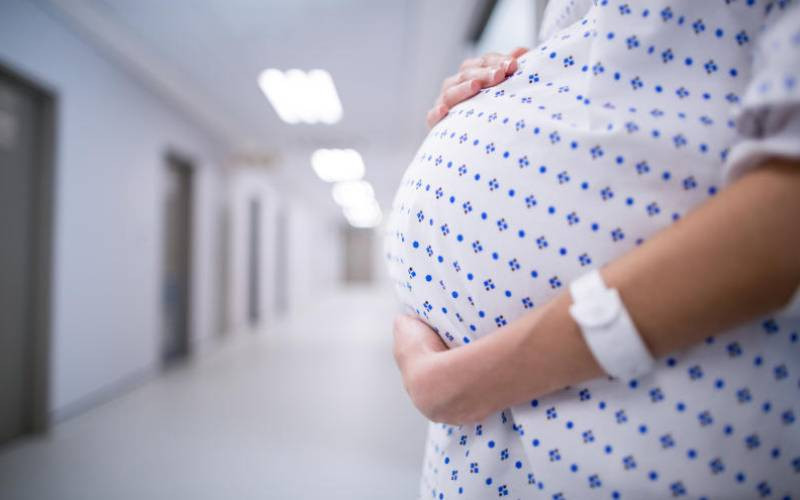 The festive season is with us yet again.Many of us will get onto the road, air, sea, trains or whatever, to join our loved ones in distant places.
The festive season is with us yet again.Many of us will get onto the road, air, sea, trains or whatever, to join our loved ones in distant places.
Travel during pregnancy carries specific risks, and you will have to make special considerations with your travels if pregnant.
The main risks of travel during pregnancy are related to the stage of the pregnancy, and the duration of your journey. In the first third of the pregnancy, travel risks are related to nausea and vomiting, which can be exacerbated by motion sickness. This poses increasing risks of getting dehydrated, with potential complications that could involve multiple organs.
The last third of the pregnancy has its own risks, on top of the increasing likelihood of going into labour unexpectedly. It is safest to travel in the middle third of the pregnancy, but that may not always fit in with the timing of festivities.
The longer the journey, the more sedentary you will be. This has heightened potential to pool your blood in the extremities, and increase your risks of forming blood clots. You are more vulnerable with journeys longer than three hours, regardless of the mode of travel.
It doesn't matter the duration of the pregnancy, the risk cuts across the whole duration of the pregnancy owing to blood changes that promote blood clotting. Dehydration raises the risk even higher.
Plan your journey wisely. Are you travelling to a place where you might need to take some preventive medicines or vaccines? If going to a malaria zone for example, taking preventive anti-malarials is advisable. Carry some anti-nausea tablets and painkillers.
Having some clean bottled water and fresh juices will keep you well-hydrated. If driving or riding in a car, make sure you belt up, above and below the bump. Take plenty of stops to stretch your legs and breathe in some fresh air. If on a long-haul flight or train, calf muscle exercises are recommended. Complement these with some walks along the cabin, and plenty of non-alcoholic drinks.
Check with your obstetrician if any other precautions are advisable in relation to your specific circumstances.
There are situations when you may want to avoid travel altogether. You wouldn't want to be going to a place where you might catch a deadly illness, regardless of the festivities you would be missing. If you already have a pregnancy complication, staying put and making do with alternate plans may avoid unnecessary travel risks.
If you are nearer the end of the pregnancy, you want to be closer to your chosen place of delivery. If you must travel, do your homework and be sure there are ample obstetric services wherever you are going. And remember to carry a copy of your antenatal records. Forward planning and anticipation of potential hurdles will help out. Have safe travels this festive season.
 The Standard Group Plc is a multi-media organization with investments in media platforms spanning newspaper print
operations, television, radio broadcasting, digital and online services. The Standard Group is recognized as a
leading multi-media house in Kenya with a key influence in matters of national and international interest.
The Standard Group Plc is a multi-media organization with investments in media platforms spanning newspaper print
operations, television, radio broadcasting, digital and online services. The Standard Group is recognized as a
leading multi-media house in Kenya with a key influence in matters of national and international interest.










